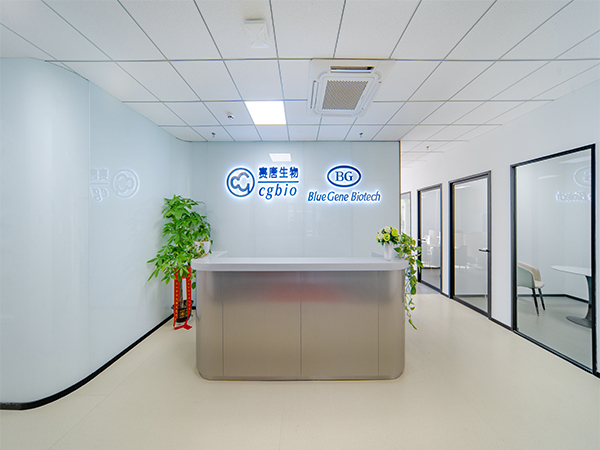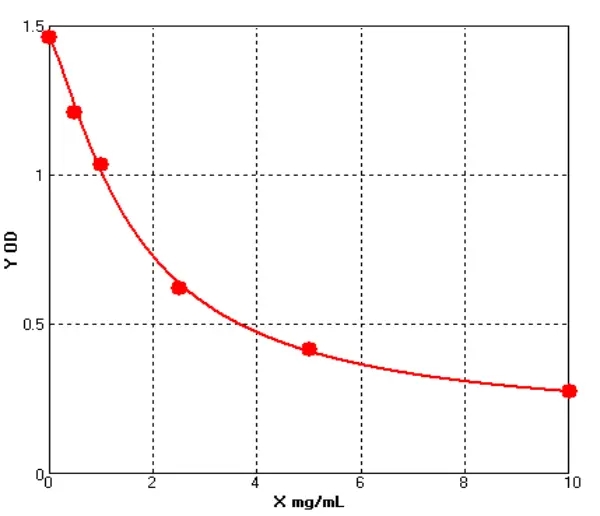Search ELISA Kits
Interleukin Proteins Types
-
P01I0310 Human Interleukin 18 (IL-18) Protein, RecombinantMANUAL
Cat. No.: P01I0310
Uniprot No.: Q14116
Expression Host: E.coli
Expression Region: Met1-Asp193
Fusion Tag: SUMO(N-terminus), 6×His (C-terminus)

-
P01I0352 Human Interleukin 11 (IL-11) Protein, RecombinantMANUAL
Cat. No.: P01I0352
Uniprot No.: P20809
Expression Host: E.coli
Expression Region: Pro22-Leu199
Fusion Tag: SUMO(N-terminus), 6×His (C-terminus)

-
P01I0006 Human Interleukin-6 (IL-6) Protein, RecombinantMANUAL
Cat. No.: P01I0006
Uniprot No.: P05231
Expression Host: E.coli
Expression Region: Met1-Met212
Fusion Tag: 6×His-SUMO (N-terminus)

-
P01I0007 Human Interleukin 4 (IL-4) Protein, RecombinantMANUAL
Cat. No.: P01I0007
Uniprot No.: P05112
Expression Host: E.coli
Expression Region: Met1-Ser153
Fusion Tag: 6×His-SUMO (N-terminus

-
P01I0010 Human Interleukin 1β (IL-1β) Protein, RecombinantMANUAL
Cat. No.: P01I0010
Uniprot No.: P01584
Expression Host: E.coli
Expression Region: Met1-Ser269
Fusion Tag: 6×His-SUMO (N-terminus)

-
P01I0023 Human Interleukin 10 (IL-10) Protein, RecombinantMANUAL
Cat. No.: P01I0023
Uniprot No.: P22301
Expression Host: E.coli
Expression Region: Met1-Asn178
Fusion Tag: 6×His-SUMO (N-terminus)

-
P01I0056 Human Interleukin 8 (IL-8) Protein, RecombinantMANUAL
Cat. No.: P01I0056
Uniprot No.: P10145
Expression Host: E.coli
Expression Region: Met1—Ser99
Fusion Tag: 6×His-SUMO (N-terminus)

-
P01I0308 Human Interleukin 2 (IL 2) Protein, RecombinantMANUAL
Cat. No.: P01I0308
Uniprot No.: P60568
Expression Host: E.coli
Expression Region: Ala21-Thr153
Fusion Tag: 6×His-SUMO (N-terminus)

-
P01I0357 Human Interleukin 15 (IL-15) Protein, RecombinantMANUAL
Cat. No.: P01I0357
Uniprot No.: P40933
Expression Host: E.coli
Expression Region: Ala29-Ser162
Fusion Tag: SUMO(N-terminus), 6×His (C-terminus)

Interleukin Proteins FAQs
-
Q
Interleukin proteins function
Interleukin is the abbreviation of interleukin, which refers to the lymphoid factor that interacts between leukocytes or immune cells. It is also a cytokine with a blood cell growth factor. They coordinate and interact with each other to complete hematopoietic and immune regulatory functions. Interleukin plays an important role in transmitting information, activating and regulating immune cells, mediating the activation, proliferation, and differentiation of T and B cells, and inflammatory response.
-
Q
Expression, purification, and characterization of Interleukin Proteins
Interleukins are mostly constructed by gene recombination to construct vectors transforming into bacteria or eukaryotic cells, transcribing into mRNA, translating into primary amino acid sequences, folding into three-dimensional structures, modifying by phosphorylation, acetylation, and others, and secreting out of cells. The protein can be purified by affinity with magnetic beads through the N-terminal or C-terminal label of the protein, and then can be eluted and collected.




